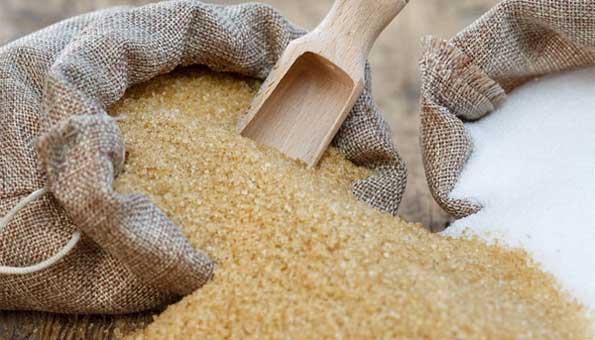AfricaPress-Tanzania: TRADERS in most parts of the country are yet to start implementing the government directive that requires them to sell sugar at indicative prices announced on Thursday.
A survey conducted by the ‘africa-press’ yesterday in some parts of the country established that the price of the commodity was far above the directed indicative price tag.
In Dar es Salaam Region, the prices were still biting. A spot check carried out at Kimara Mwisho area in Ubungo District observed that a sachet of 350 grammes of the sweetener was trading at 1,500/-, meaning that it would require one to cough up to 4,500/-to buy a kilogramme of the sweetener.
“Now at my store I don’t have one-kilogramme sachets of sugar nor the 50-kilogramme bags as my supplier told me they are out of stock and they are not sure when they will get another supply,” said Boniface Massawe, a shop owner at Kimara.
A survey conducted around Tabata in Ilala District in Dar es Salaam noted that the price of a kilo of the commodity was 3,500/-, against the directed price of 2,600/- Shopkeepers who spoke to the ‘Daily News’ but declined to disclose their names said they were forced to hike prices after wholesalers also did the same
. “I have not just increased the price from nowhere, the market price has increased so I have to do the same so as to maintain my profit; I have to finish my stock first and see if there are any changes from the wholesalers,” said one of the shop keepers.
Around Makuburi area in Ubungo District, the prices were not different either as the commodity was selling at between 3000/-and 3200/-per kilogram which was weighed while the already packed sugar in sachets weighing one kilogramme was selling at between 3,400/-and 3500/- .
However, in two stores visited by a africa-press reporter it was established that a kilo traded at between 2,700/-and 2,900/-.
Sellers expressed their worry of a possible price hike upon finishing their stock.
A reporter who made a survey in five shops around Kitunda area in Dar es Salaam Region witnessed the commodity being sold at 3,200/- Asked on why they ignored the government’s indicative price, almost all shop attendants gave similar responses, saying they too bought the commodity at higher prices from wholesalers.
In Sumbawanga, Rukwa Region, traders were found selling the product at 3,200/-as directed by the government. However, consumers in the region said traders would now stick to the price as opposed to the price of 2,800/-they sold the commodity earlier.
In Arusha, the sweetener retailed at 3,500/-per kilo, as the shop owners pointed an accusing finger on sugar hoarders for making a kill in the wake of the scarcity of the commodity.
A section of retailers who spoke to this paper on condition of anonymity alleged that the current shortage of the commodity and surge in sugar prices is meant to force importation into the country in an ostensible bid to stabilize retail prices.
“It is high time that the government allowed sugar to be imported to address this scarcity,” observed one of the retailers at Muriet. The situation was not different at Kwa Ngulelo area where the sweetener was sold between 3,000/-and 3,500/-.
In Babati District, Manyara Region, the sugar price varied to a great extent as traders were selling at prices they arbitrarily decided and not in compliance with the government directives. In some shops in Babati, a kilogram of the sweetener was trading at slightly lower that it was last week, as some sold it at 3,000/-; some 3,500/-but others went as far as 4,000/-. Interviewed traders said they bought the commodity at 180,000/-a sack of 50kgs, insisting that it was not possible for them to sell the stock at 2,700/-a kilo as directed by the government. In Moshi, Kilimanjaro Region, a kilogramme of sugar was still being traded at between 3,500/- and 3,700/-against the 2,700/-price tag directed by the government.
A Majengo resident, Ms Brigita Pius, said she bought it at 3,700/-from one of the shops around Moshi Main Bus Stand. In Bukoba, Kagera Region, the commodity was selling at between 3,000/-and 3, 200/-per kilo, contrary to the directed price tag of 3,000/-.
Ms Alodia Kokwenda (25) a resident of Kashai Ward, in Bukoba Municipal Council, explained that a kilogram of sugar which was earlier being sold at 2,500/-was now being sold at between 3,000/-and 3,200/-. “Some of the traders hiked the price of the popular sweetener four to five days before the government announced the new price.
What is more worrying is that sugar was locally produced at the nearby Kagera Sugar Limited (KSL) factory….surprisingly, we Kagera residents do not benefit from the proximity,” she lamented.
Bilal Hamza, on behalf of Amir Hamza, a registered agent who supplies sugar to whole sellers in Bukoba, noted that there were sufficient stocks of sugar, adding that there was no need for panic. However, he said the ongoing rains had flooded some farms at Kagera sugar factory and that this could affect productivity.







